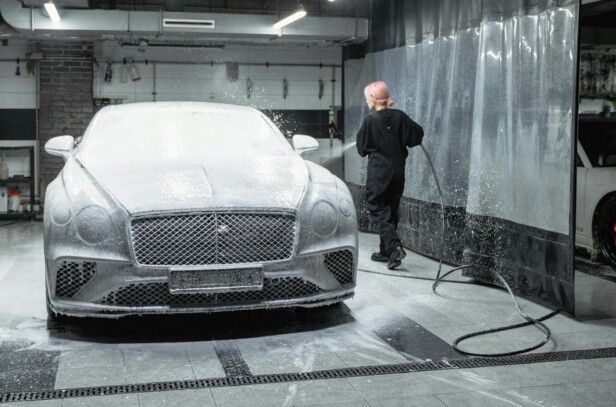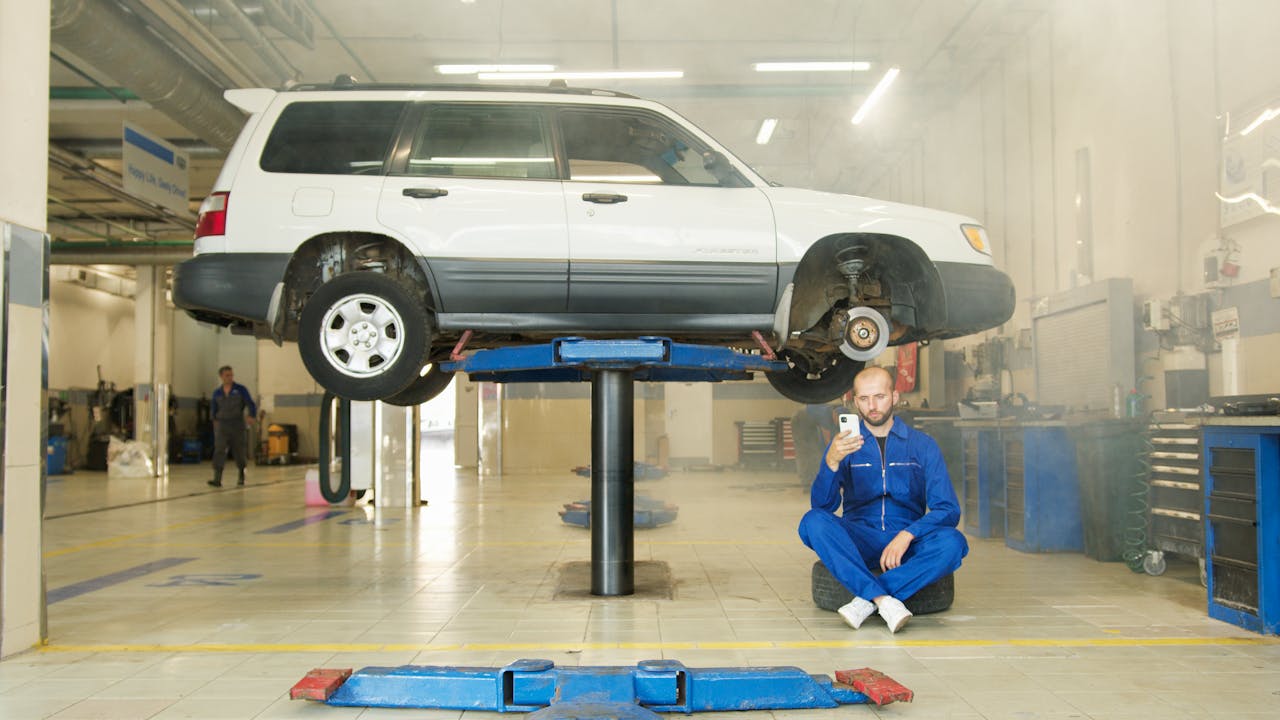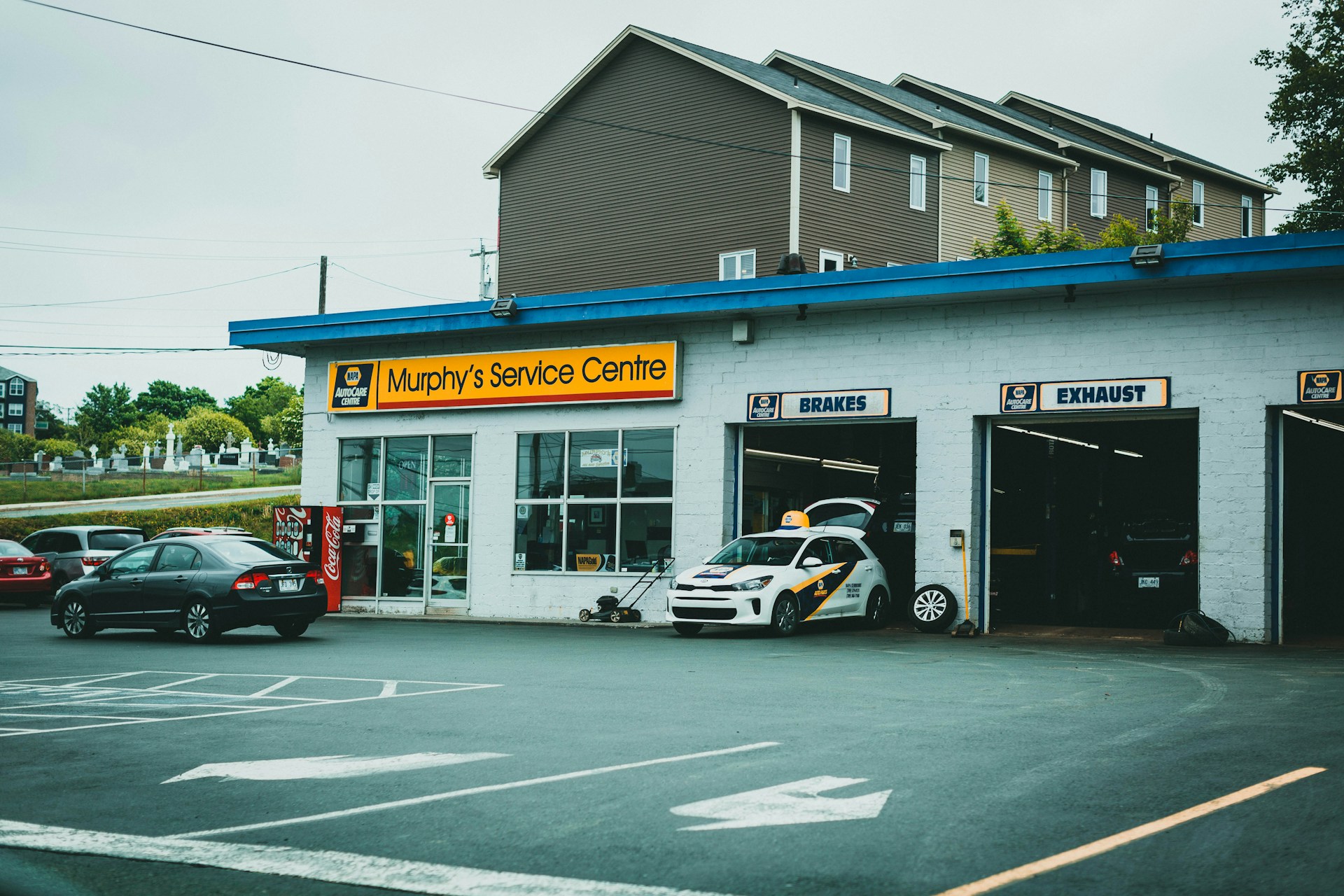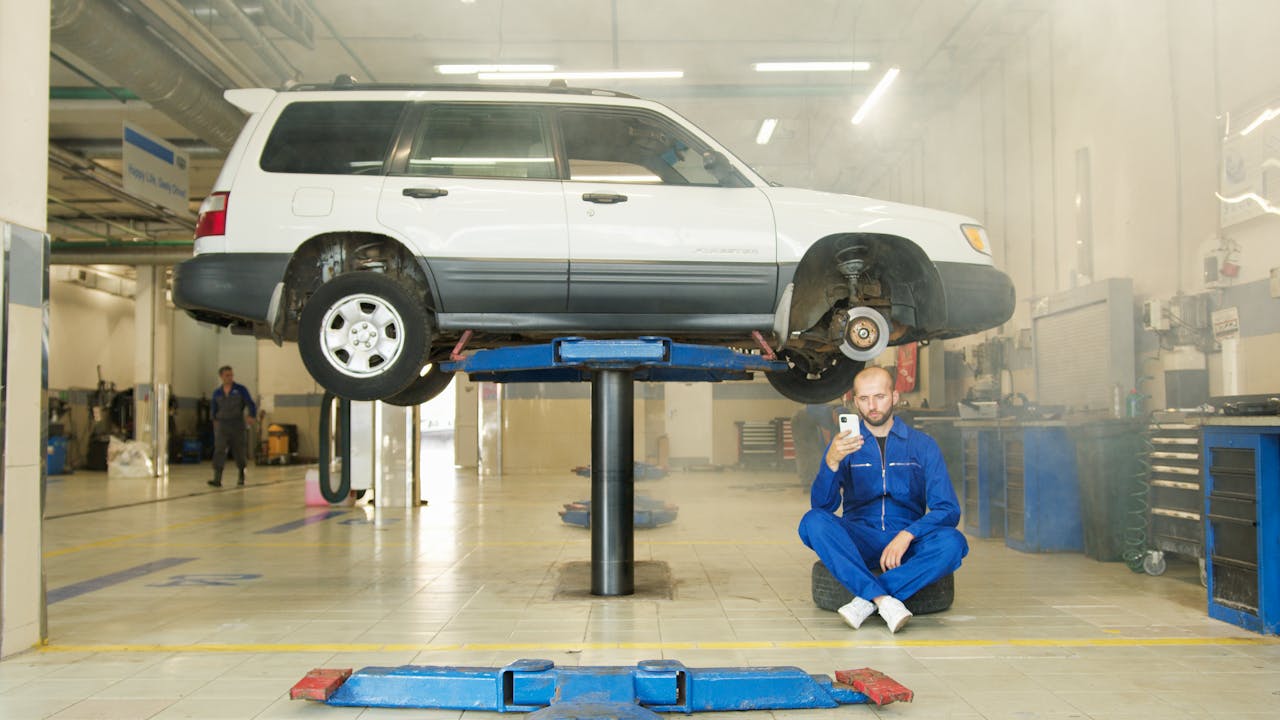A $3 million filing in McKinney recently highlighted the growing express car wash construction activity across the Dallas-Fort Worth region. Local projects move through distinct phases managed by the Texas Department of Licensing and Regulation, creating a clear roadmap from initial permits to opening day.
We coordinate express car wash construction timeline Dallas projects that integrate multi-bay canopies, free vacuum stations, and tunnel systems designed for high-volume operations. The construction sequence addresses everything from exterior finishes to complex reclaim water systems that define modern express tunnel facilities across the Dallas market.
Which Preconstruction Steps Come First in Dallas?
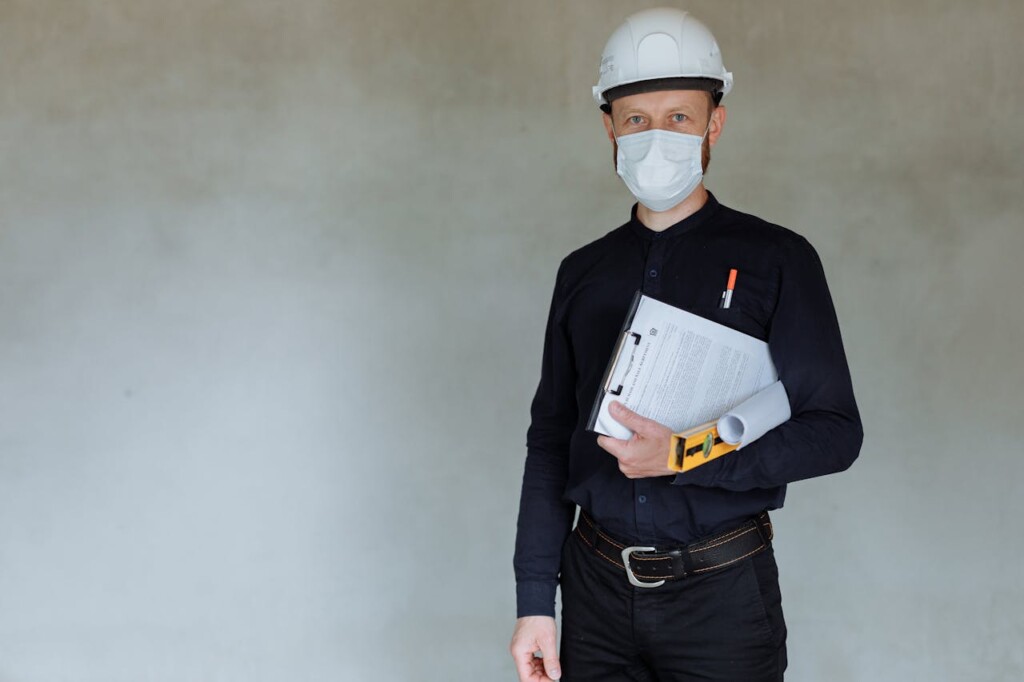
Planning and permitting form the foundation of every express car wash project in Dallas. We initiate municipal approvals alongside engineering and architecture phases, with planning and permitting costs typically running around $175,000, though this figure can vary by $100,000 in either direction depending on site complexity and municipal requirements.
The Texas Department of Licensing and Regulation handles project filings for commercial car wash construction throughout the state. We file detailed project specifications through TDLR early in the process to establish regulatory compliance and obtain necessary project registration numbers. This step ensures accessibility plan reviews align with Texas Accessibility Standards before construction begins.
Municipal Approvals Drive the Timeline
Dallas requires multiple municipal approvals before construction can commence. Building permits demand comprehensive plan reviews covering structural, electrical, plumbing, and fire safety systems. We coordinate with the Dallas Building Inspection Department to secure these approvals, understanding that permit processing can extend several months in busy development cycles.
Engineering studies address site-specific requirements including drainage, utilities, and traffic flow patterns. Architecture plans must integrate car wash operational needs with local zoning requirements and design standards. These professional services require licensed Texas engineers and architects to seal all construction documents.
Site Selection Follows Regulatory Framework
Real estate acquisition represents the largest variable cost in preconstruction planning. Land costs in Dallas average approximately $1,250,000, though this figure fluctuates dramatically with a typical variance of $750,000 based on location, accessibility, and existing infrastructure.
Express tunnel car wash sites typically occupy 0.5 to 2 acres to accommodate the tunnel structure, vacuum stations, and customer circulation areas. We evaluate potential sites for utility access, traffic patterns, and zoning compliance before committing to purchase agreements. Site selection timing often depends on securing preliminary municipal approval or conditional use permits.
Budget Structure Separates Fixed and Variable Costs
Early budgeting helps maintain timeline control by distinguishing predictable costs from variable expenses. Fixed line items include building construction, equipment procurement, and utility installations with established market pricing. Variable costs encompass land acquisition and construction financing, which fluctuate based on market conditions and project timing.
We structure budgets to sequence expenditures with permit approvals and construction phases. This approach prevents cash flow issues and allows for tactical adjustments if municipal review processes extend beyond initial projections. Financing arrangements often depend on demonstrating permit readiness and site control before final loan commitments.
What Are The Core On-Site Construction Phases?
Express car wash construction follows a structured sequence of phases, each with distinct cost parameters and execution requirements. We organize these phases to maximize efficiency while minimizing disruption between trades and systems installation.
Site And Landscaping Development
Site work establishes the foundation for all subsequent construction activities. We begin with grading and excavation to achieve proper drainage patterns and elevation requirements for the wash tunnel and vacuum areas. Paving and asphalt installation follow, with costs typically ranging from $100,000 to $300,000 depending on site conditions and square footage requirements.
Landscaping components include retention areas, perimeter greenery, and customer traffic flow elements. We coordinate these installations with local stormwater management requirements, which often influence both layout and material specifications in the Dallas market.
Building And Fixed Site Improvements
The primary structure represents the largest single cost component, typically falling between $1,000,000 and $1,500,000. This phase encompasses the tunnel structure, equipment room, and customer interaction areas. We coordinate structural elements with the specific tunnel length and equipment mounting requirements established during design.
Hardscape installations include concrete pads for equipment, customer walkways, and vehicular traffic patterns. These improvements must accommodate the specific operational flow while meeting ADA compliance and local building codes.
Utilities Infrastructure
HVAC and plumbing systems support both operational requirements and customer comfort areas. Base costs around $80,000 can vary by $40,000 depending on system complexity and local climate requirements. We install these systems to accommodate the high-moisture environment of car wash operations while maintaining energy efficiency standards.
Electrical rough-in occurs during this phase, coordinating with tunnel equipment power requirements and pay station locations. We ensure adequate capacity for future equipment additions and technology upgrades.
Vacuum System Installation
Vacuum system components include motors, drop assemblies, plumbing networks, and concrete mounting structures. Costs typically range from $80,000 to $280,000 based on the number of stations and canopy configurations. We coordinate vacuum installations with site paving to ensure proper drainage and customer accessibility.
Free vacuum canopies common in Dallas-area installations require additional structural coordination and electrical service. We plan these installations to complement the overall site traffic flow and maximize customer convenience.
Electronic Components And Controls
Pay stations, tunnel controllers, and electrical systems represent a significant cost center, typically ranging from $150,000 to $400,000. We install these components with consideration for future technology integration and operational analytics requirements. Point-of-sale systems and tunnel automation require careful coordination with networking infrastructure.
Customer interface elements include pricing displays, instruction signage, and automated gate systems. We ensure these installations provide clear customer guidance while maintaining operational efficiency.
Water Treatment Systems
Reclaim and filtration systems typically cost between $50,000 and $250,000, depending on local water quality requirements and environmental regulations. We design these systems to maximize water reuse while meeting discharge standards specific to the Dallas area.
Treatment system installations require coordination with building utilities and equipment room layouts. We plan for maintenance access and future system upgrades during the installation phase.
Signage And Marketing Elements
Main signage, price boards, and launch materials typically require $50,000 to $250,000 in total investment. We coordinate signage installations with local zoning requirements and visibility optimization for customer attraction. Price boards and service menus require electrical connections and weather-resistant mounting systems.
Marketing elements include grand opening materials and promotional displays that support initial customer acquisition efforts. We time these installations to align with operational readiness and permit approvals.
| Cost Component | Low End Cost | High End Cost |
| Land Acquisition | $500,000 | $2,000,000 |
| Planning & Permitting | $75,000 | $275,000 |
| Site Preparation | $50,000 | $300,000 |
| Construction | $1,000,000 | $1,500,000 |
| Equipment Costs | $650,000 | $800,000 |
| Utilities Infrastructure | $80,000 | $120,000 |
| Vacuum System | $80,000 | $280,000 |
| Electronic Components and Controls | $150,000 | $400,000 |
| Water Treatment Systems | $50,000 | $250,000 |
| Signage and Marketing | $50,000 | $250,000 |
How Do Equipment And Technology Choices Affect Sequencing And Cost?
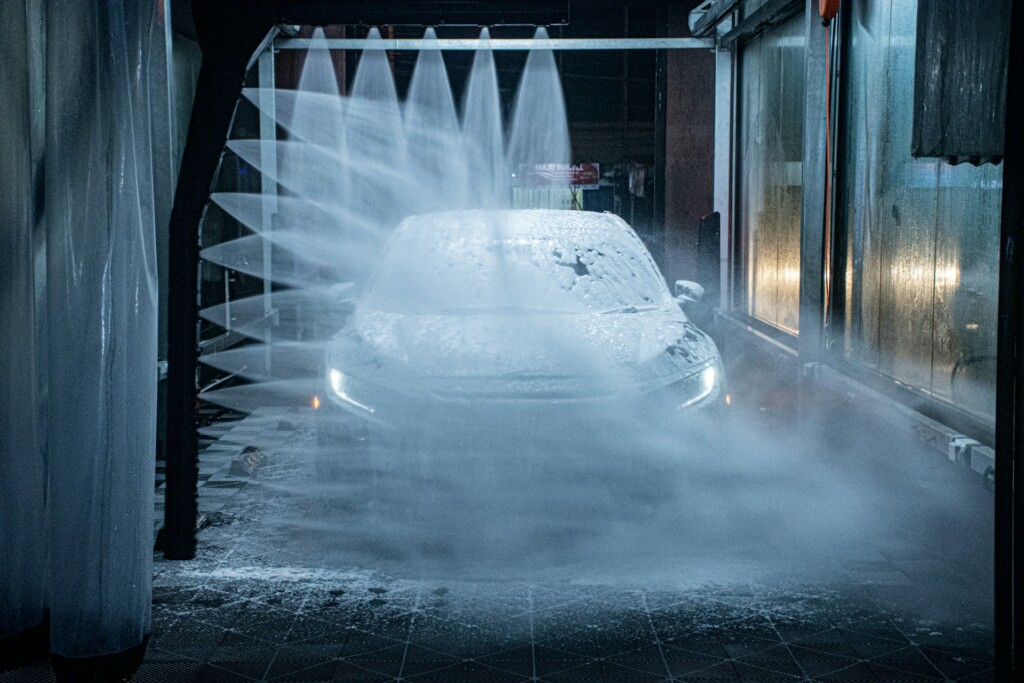
Equipment selection drives both construction sequencing and project budgets, with tunnel systems typically representing the largest capital investment at approximately $650,000. These costs can vary by $150,000 depending on configuration, brand selection, and feature complexity. We coordinate equipment procurement early in the design phase to ensure proper infrastructure integration and avoid costly change orders during construction.
Conveyor System Selection Impacts Layout Design
The choice between belt and chain conveyor systems affects both upfront costs and construction complexity. Belt conveyors can accommodate wider tire configurations and low-profile vehicles, expanding the potential customer base. However, they require different pit dimensions and structural considerations during the foundation phase.
Chain and roller systems demand more complex trench construction with specific chase-ways, drainage requirements, and depth specifications. Belt systems use simpler rectangular pit designs, which can reduce excavation and concrete costs by up to 30%. We factor these infrastructure requirements into early site planning to maintain construction schedules and budgets.
Tunnel Length And Equipment Scaling
Tunnel length directly correlates with equipment quantity and operational capacity. Arches, washing stations, and drying systems scale proportionally with conveyor length, affecting both material costs and installation timelines. Longer tunnels require additional pumping stations to maintain consistent water pressure throughout the wash cycle.
We coordinate mechanical, electrical, and plumbing systems based on the selected tunnel configuration. Each additional washing station requires dedicated water supply lines, chemical injection points, and electrical connections. This equipment density influences our scheduling for rough-in work and final commissioning procedures.
Water Management Technology Integration
Water reclaim systems reduce long-term operational costs but require coordination during the construction phase. These systems need dedicated space for filtration equipment, storage tanks, and pumping stations. We install the necessary plumbing infrastructure during foundation work to avoid disrupting finished surfaces later.
Reclaim technology can cut water consumption by 80%, significantly reducing utility expenses in markets with high water costs. The initial investment in treatment equipment typically ranges from $150,000 to $250,000, depending on processing capacity and filtration sophistication.
Electronic Systems And Operational Analytics
Pay station selection should align with anticipated transaction volume and customer preferences. High-volume locations benefit from multiple payment terminals and contactless options, while smaller operations may prioritize basic credit card processing. We pre-wire locations based on equipment specifications to accommodate future upgrades without major retrofitting.
Modern express tunnels integrate unified data platforms that connect point-of-sale systems, tunnel controllers, and operational monitoring. These platforms require robust networking infrastructure, including ethernet connections to each equipment station and wireless access points for mobile devices. We coordinate data cabling installation during the rough electrical phase to ensure seamless system integration at startup.
What Happens Before Opening Day In Dallas?
We coordinate comprehensive commissioning and testing across all major systems before any express car wash opens. The tunnel conveyor, wash equipment, and chemical delivery systems undergo full operational testing to ensure consistent cleaning cycles and proper chemical dilution rates. Vacuum systems require motor testing, suction verification at each drop point, and confirmation that concrete anchoring meets specifications.
Reclaim systems demand particular attention during commissioning. We test filtration equipment, verify pumping capacity, and confirm that recycled water meets quality standards for reuse. Electronic components including pay stations, tunnel controllers, and data integration platforms undergo connectivity testing and transaction processing verification.
Signage installation and verification represent critical pre-opening tasks. Main identification signs, service menu displays, and price boards require positioning that optimizes visibility from approach lanes. We coordinate with local sign contractors to ensure compliance with municipal requirements and verify that illuminated components function properly during both day and evening conditions.
Permit closeout and final inspections mark essential milestones before launch readiness. Municipal building inspectors review completed construction against approved plans, while fire departments verify emergency access and safety systems. Electrical and plumbing inspections confirm that utilities meet code requirements and operational demands.
Budget validation becomes crucial as opening approaches. Recent Dallas-Fort Worth area filings show $3 million budgets for new express car wash construction, highlighting the importance of comparing actual costs against initial projections. We track final expenditures across equipment, construction, utilities, and site improvements to identify any budget overruns that could affect operational cash flow.
Breakeven analysis provides the final financial checkpoint before opening. We calculate the annual car count needed to cover debt service, operating expenses, and target profit margins using conservative revenue assumptions. This analysis considers local market conditions, competitive pricing, and realistic membership uptake rates to ensure the facility can achieve sustainable operations from launch day forward.
Conclusion And Next Steps
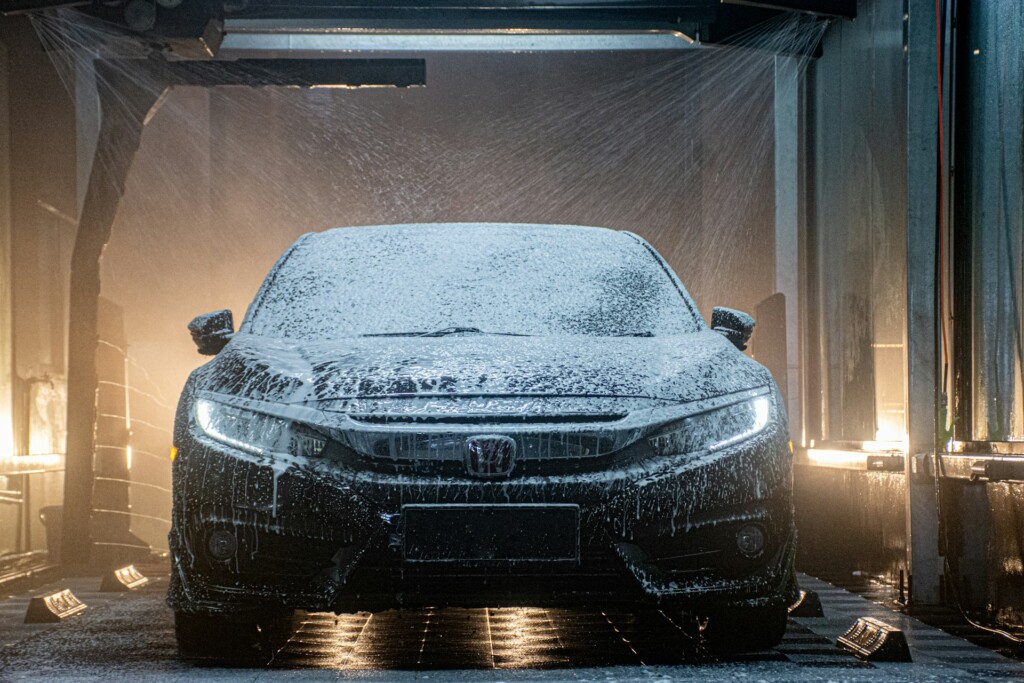
Express car wash construction timeline Dallas requires careful coordination across multiple phases and disciplines. We manage projects from initial TDLR filings through commissioning, ensuring each phase aligns with local permitting requirements and industry standards. The process involves predictable costs for structure, equipment, utilities, and signage, while land acquisition and financing create the primary variables that influence overall budgets.
Smart planning early in the process pays dividends throughout construction. We align equipment selections with tunnel layouts before finalizing electrical and plumbing designs. This approach prevents costly changes during installation and ensures proper integration of reclaim systems, vacuum canopies, and control networks. Local filings provide valuable benchmarks for cost planning, while early permit coordination keeps projects moving toward their target opening dates.
Ready to move forward with your express car wash project? Contact EB3 Construction to discuss how we coordinate construction timelines and manage the technical requirements that make Dallas car wash projects successful.

